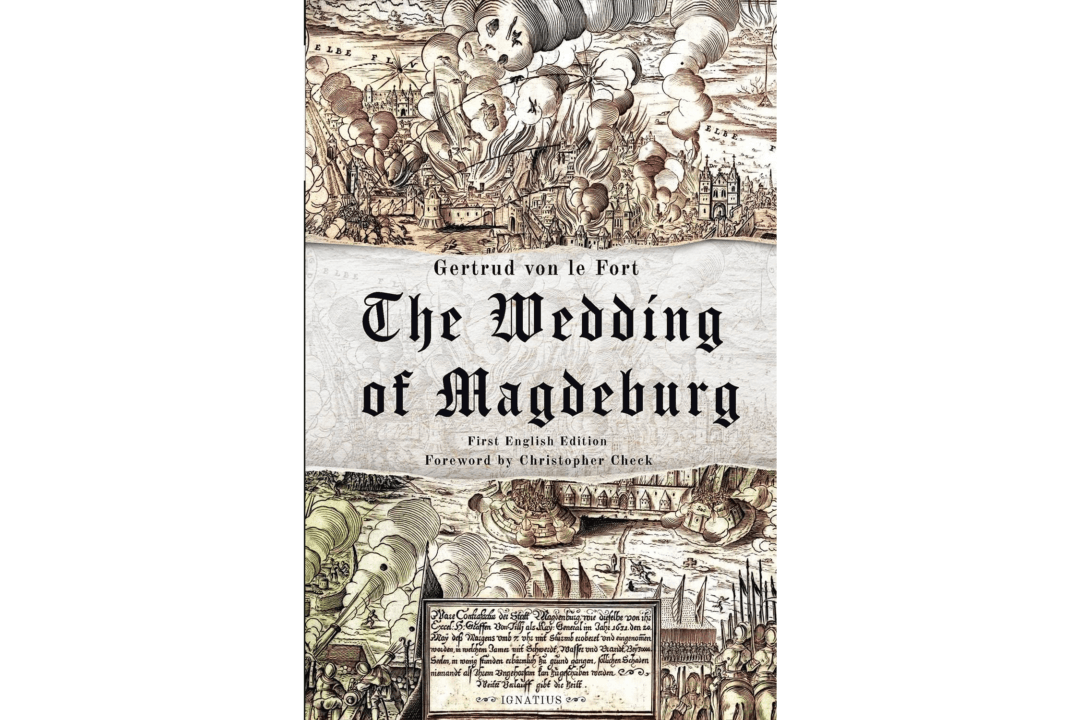Many Americans have never heard of the Thirty Years’ War (1618–1648). A nasty religious war, it devastated Germany, then one of Europe’s richest regions. Perhaps the worst of its many atrocities was the 1631 Sack of Magdeburg. Tragically, 20,000 of its 25,000 inhabitants died.
The sack was ironically called “The Wedding of Magdeburg,” a rough wooing by Imperial forces to bring a Protestant city back into the Catholic fold. Gertrud Von Le Fort appropriates this as the title of her novel, first published in 1938.






